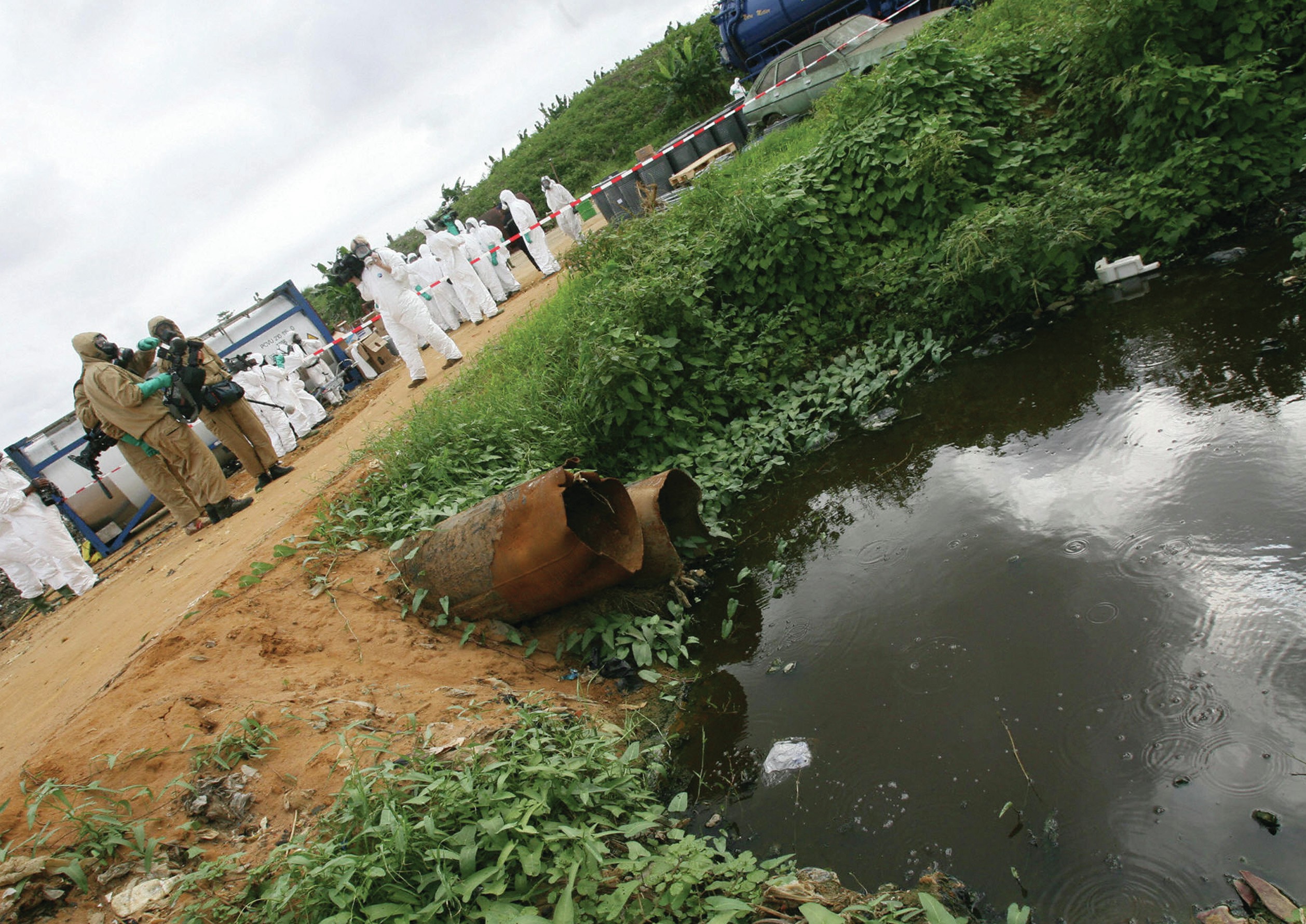
What would you do for money? Say, a million pounds. Would you turn a blind eye to questionable goings on? Many people might be prepared to do that. But you would probably refuse to do anything that harmed other people. That is because of your own sense of morality, i.e. your personal ethical code. Unfortunately, people working for companies can fail to see their own moral responsibilities, as decision-making is usually spread across many different people. Companies such as LG, Sharp, Tesco, British Airways and Siemens have all been found guilty (and fined millions of pounds) for price fixing. Yet no one would doubt that most of the people working for those companies are honest, decent individuals.
Serious problems arise when the culture of the business becomes too focused on profits or on career paths in which only the toughest survive. If a member of staff is made redundant after he or she has turned down a profitable opportunity on moral grounds, word will soon spread within the business. If the culture of a business is based on ruthless ambition, the staff will have every right to think that ‘anything goes because the directors want it that way…and if they’re laying down those rules, they (not me) must take responsibility for what happens’.
Your organisation does not have access to this article.
Sign up today to give your students the edge they need to achieve their best grades with subject expertise
Subscribe




